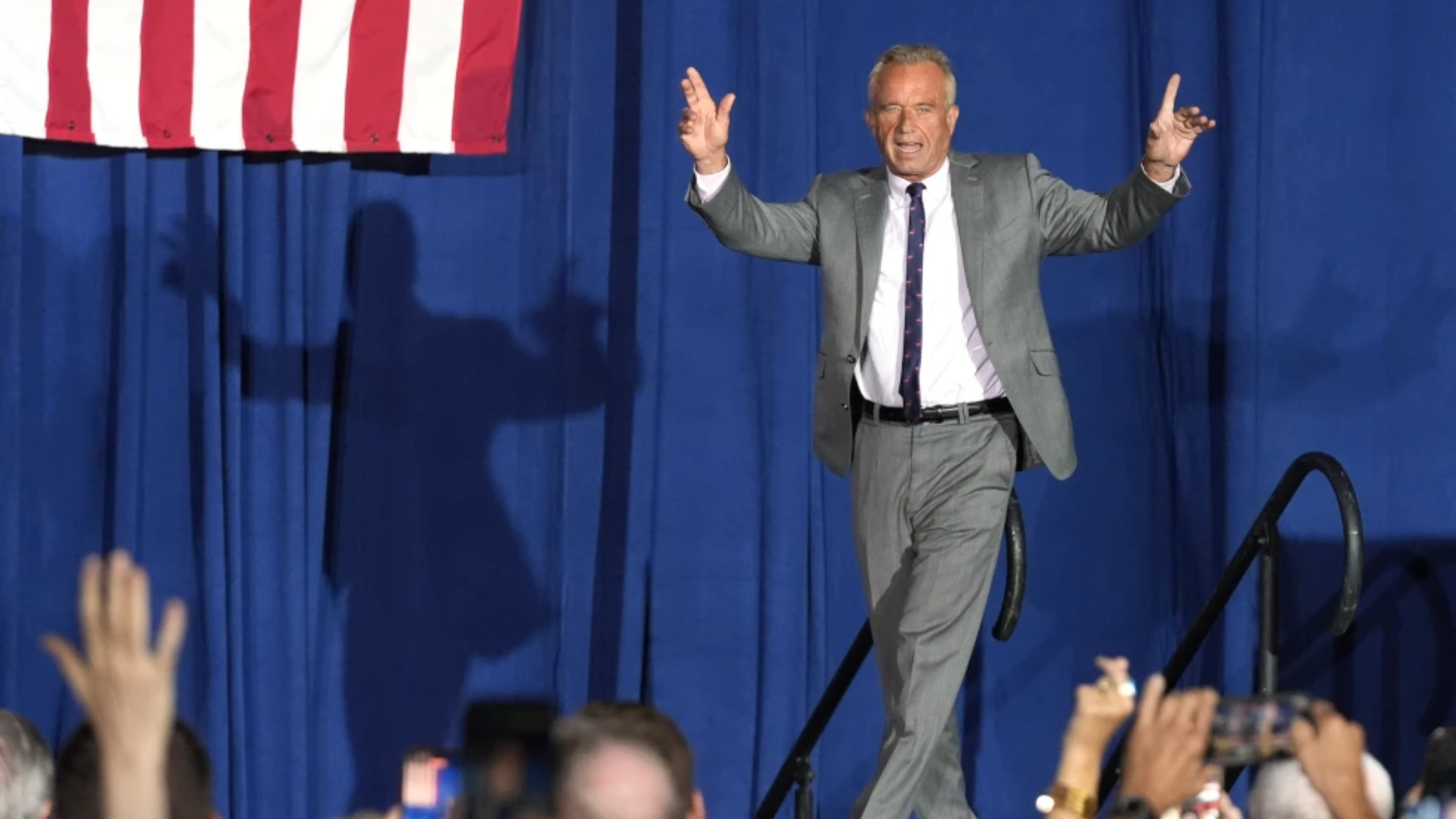WASHINGTON (AP) — Hackers supporting Islamic militants took over the Twitter and YouTube accounts of a major U.S. military command Monday, in what the Pentagon called an annoying prank that did not breach military networks or access classified data.
The hacker group, calling itself CyberCaliphate, was already under FBI investigation for incursions into the Twitter feeds or websites of media outlets in New Mexico and Maryland, prompting officials to question whether the group has any real affiliation with the Islamic State militants. The U.S. and other partner nations have been launching airstrikes against Islamic State insurgents and locations across Iraq and Syria since last summer.
U.S. Central Command Twitter accounts in English and Arabic and the YouTube site were quickly removed from the web by military officials. They said they were working to get the sites back online as quickly as possible.
FBI spokesman Joshua Campbell said the bureau is investigating the Central Command Twitter and YouTube breaches and is working with the Pentagon to determine the scope of the incident.
The Central Command Twitter site was filled with threats that said "American soldiers, we are coming, watch your back." Other postings appeared to list names, phone numbers and personal email addresses of military personnel as well as PowerPoint slides and maps.
Most of the material was labeled "FOUO," which means "For Official Use Only," but none of it appeared to be classified or sensitive information. U.S. Central Command said that none of the information and documents posted on the hacked site were from the command's Internet servers or social media sites.
The breach only affected the Twitter and YouTube sites, which reside on commercial, non-Defense Department Internet servers. U.S. Central Command said its operational and military networks were not compromised, but officials are notifying law enforcement about the possible release of personal information that was posted on the Twitter site.
One of the documents appeared to be slides developed by the Massachusetts Institute of Technology's Lincoln Laboratory, a federally funded research and development center focused on national security. The slides appeared to depict what it called "scenarios" for conflict with North Korea and China. It's not clear where the documents came from or how long ago they might have been taken, since some of the information was as much as a year old.
"This is little more than a prank or vandalism. It's inconvenient and it's an annoyance. But that's all it is," said Col. Steve Warren, a Pentagon spokesman. "It in no way compromises our operations in any way shape or form."
Warren said Pentagon officials are in contact with Twitter and YouTube to ensure that military passwords and other security for such public websites are adequate.
The tweets came shortly after U.S. Central Command posted its own tweets about the U.S. and partner nations continuing to attack Islamic State terrorists in Iraq and Syria and one repeating a report that said France will deploy an aircraft carrier to the fight.
The hackers titled the Central Command Twitter page "CyberCaliphate" with an underline that said "i love you isis." And the broader message referred to the ongoing airstrikes against the Islamic State group in Iraq and Syria and threatened, "We broke into your networks and personal devices and know everything about you. You'll see no mercy infidels. ISIS is already here, we are in your PCs, in each military base."
It added: "US soldiers! We're watching you!"
The intrusion on the military Twitter account carried the same logo, CyberCaliphate name and photo that appeared on the Albuquerque Journal's website in late December when one of its stories was hacked. And earlier this month, it appeared that the same hackers breached the Journal's Twitter account and also took over the website and Twitter feed of WBOC-TV in Salisbury, Maryland.
The FBI at the time acknowledged it was looking into the Albuquerque case, and WBOC said it was also in contact with the agency.
Some IS militant videos also were posted on the Central Command's YouTube site, purporting to show military operations and explosions.
"This is something we're obviously looking into, and something we take seriously," White House spokesman Josh Earnest said. But he cautioned against comparisons to the broader hack attack against Sony. "There's a pretty significant difference between what is a large data breach and the hacking of a Twitter account," he said.
The military suspended the Central Command Twitter site and terminated the YouTube site. This is not the first time that U.S. government websites or social media accounts have been hacked.
Copyright 2015 by CNN. All Rights Reserved. This material may not be published, broadcast, rewritten or redistributed. (AP Photo)





















